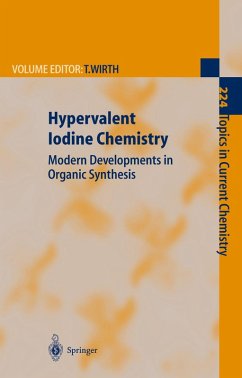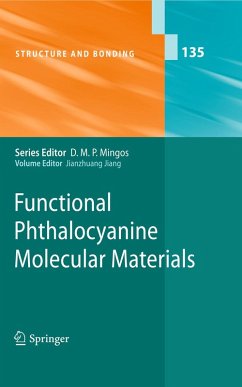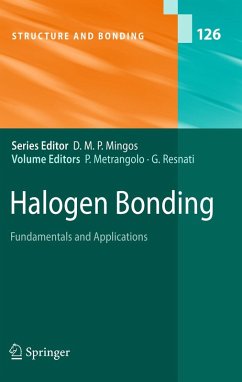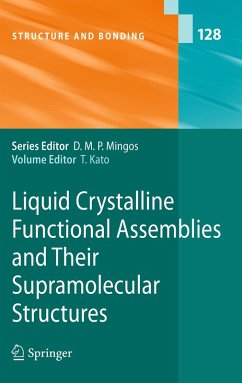
Inorganic Reactions in Water (eBook, PDF)
Versandkostenfrei!
Sofort per Download lieferbar
232,95 €
inkl. MwSt.
Weitere Ausgaben:

PAYBACK Punkte
116 °P sammeln!
Organized to facilitate reference to the reagents involved, this book describes the reactions of the elements and their mostly simpler compounds, primarily inorganic ones and primarily in water. It emphasizes the similarities and differences in actual chemical behavior, as opposed to electronic structures and theories, although not exclusively.Inorganic Reactions in Water again makes available some of the more comprehensive coverage of descriptive aqueous chemistry found in older sources, but now corrected and interpreted with the added insights of the last seven decades. It also provides new ...
Organized to facilitate reference to the reagents involved, this book describes the reactions of the elements and their mostly simpler compounds, primarily inorganic ones and primarily in water. It emphasizes the similarities and differences in actual chemical behavior, as opposed to electronic structures and theories, although not exclusively.
Inorganic Reactions in Water again makes available some of the more comprehensive coverage of descriptive aqueous chemistry found in older sources, but now corrected and interpreted with the added insights of the last seven decades. It also provides new information, including reactions of the recently discovered elements, plus some recent data on equilibria, often with mostly qualitative kinetic information, to interpret the redox and non-redox phenomena that complicate the chemistry of most elements in water.
Inorganic Reactions in Water again makes available some of the more comprehensive coverage of descriptive aqueous chemistry found in older sources, but now corrected and interpreted with the added insights of the last seven decades. It also provides new information, including reactions of the recently discovered elements, plus some recent data on equilibria, often with mostly qualitative kinetic information, to interpret the redox and non-redox phenomena that complicate the chemistry of most elements in water.
Dieser Download kann aus rechtlichen Gründen nur mit Rechnungsadresse in A, B, BG, CY, CZ, D, DK, EW, E, FIN, F, GR, HR, H, IRL, I, LT, L, LR, M, NL, PL, P, R, S, SLO, SK ausgeliefert werden.












![Supramolecular Assemblies of Cucurbit[n]urils with Metal Ions (eBook, PDF) Cover Supramolecular Assemblies of Cucurbit[n]urils with Metal Ions (eBook, PDF)](https://bilder.buecher.de/produkte/43/43793/43793360n.jpg)